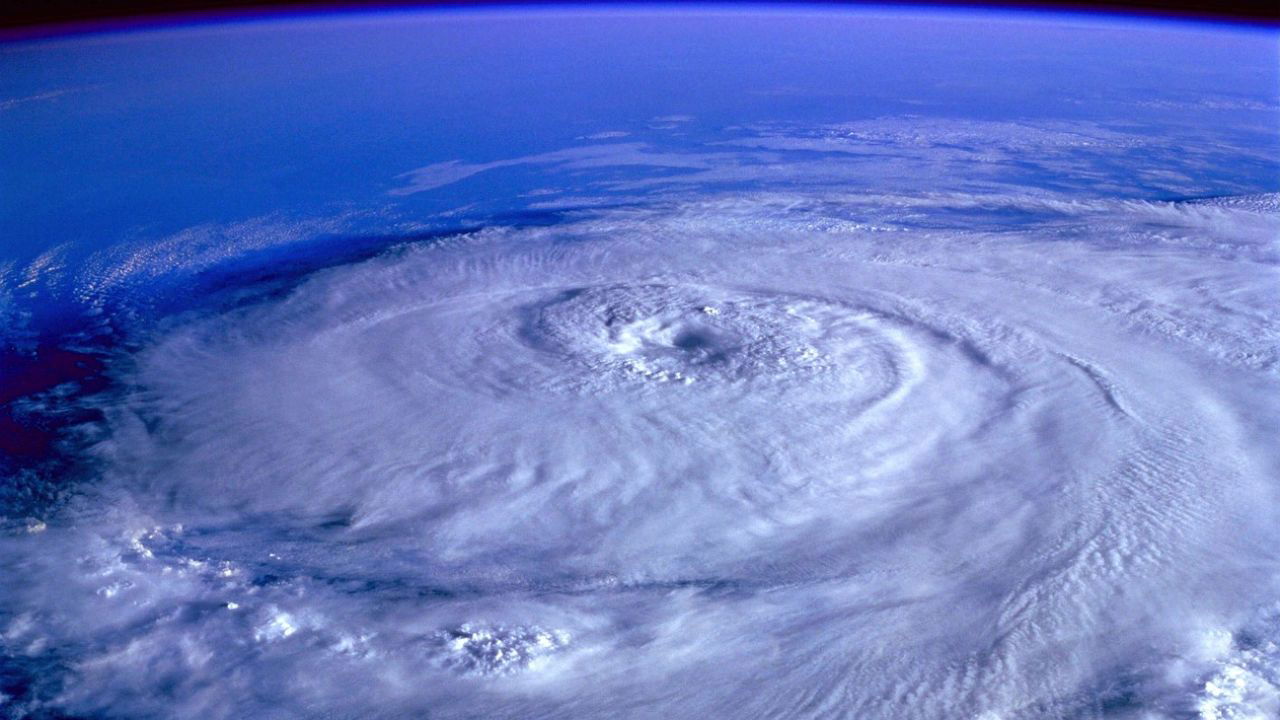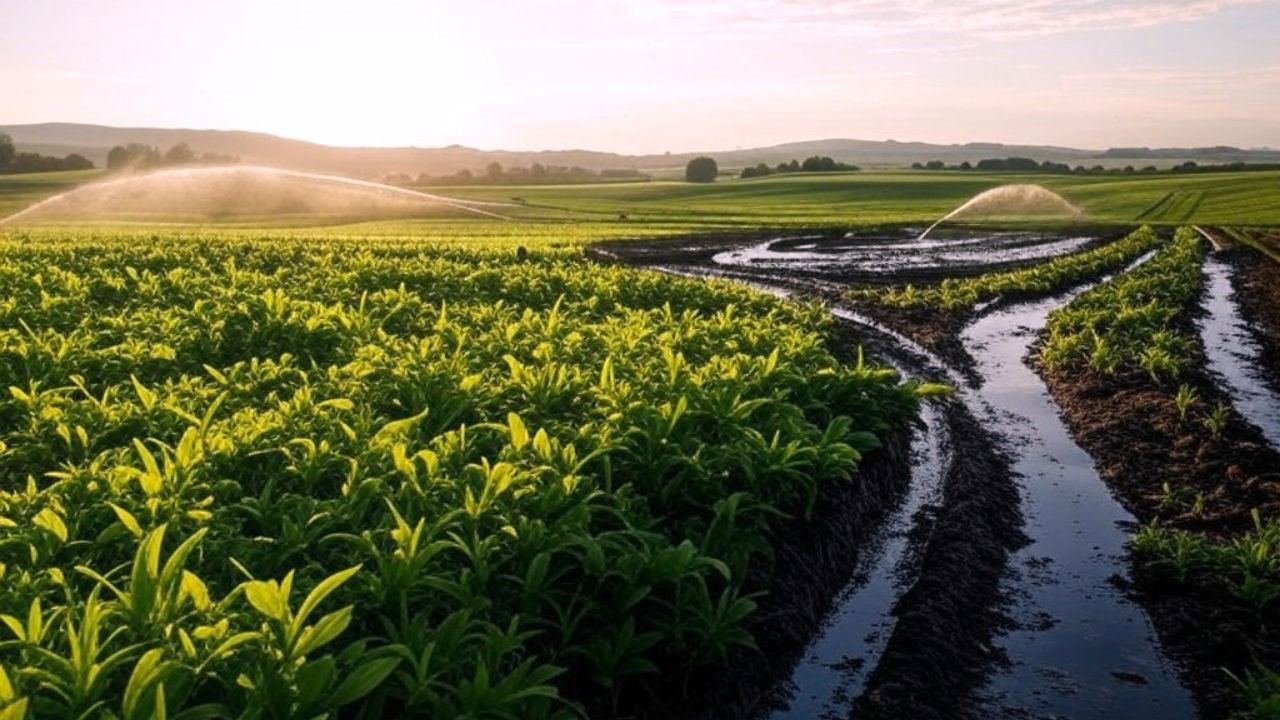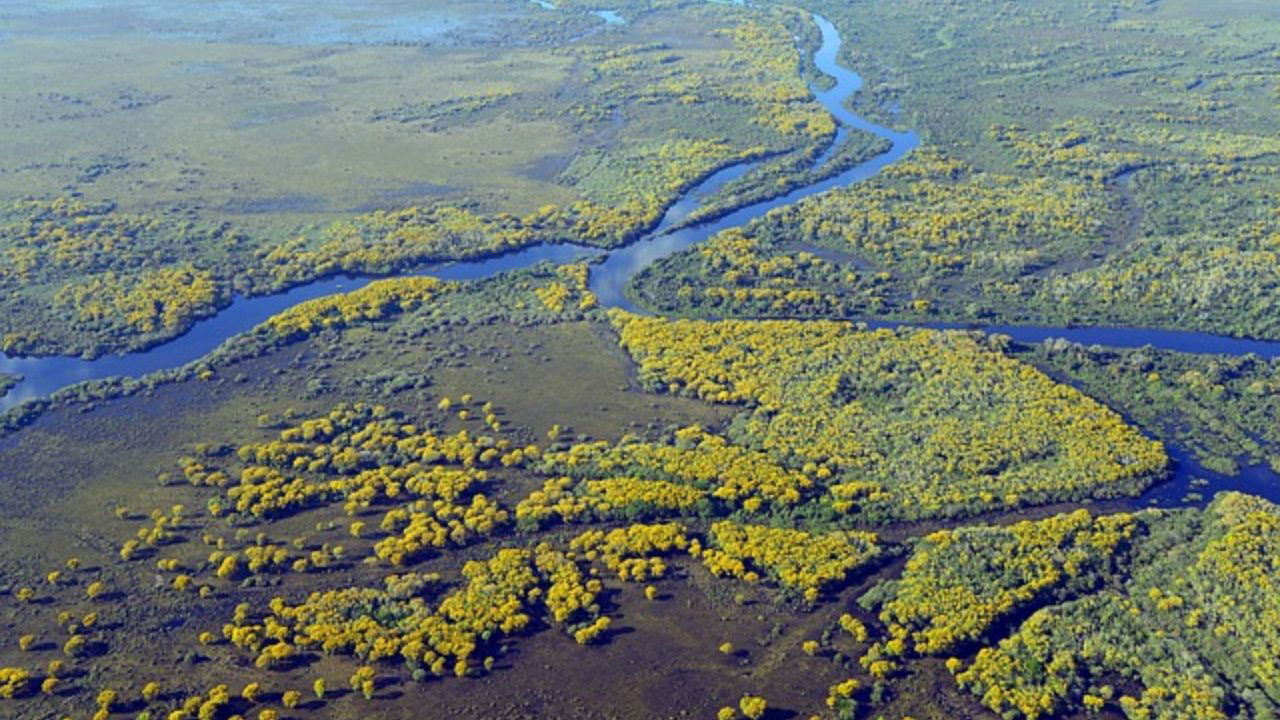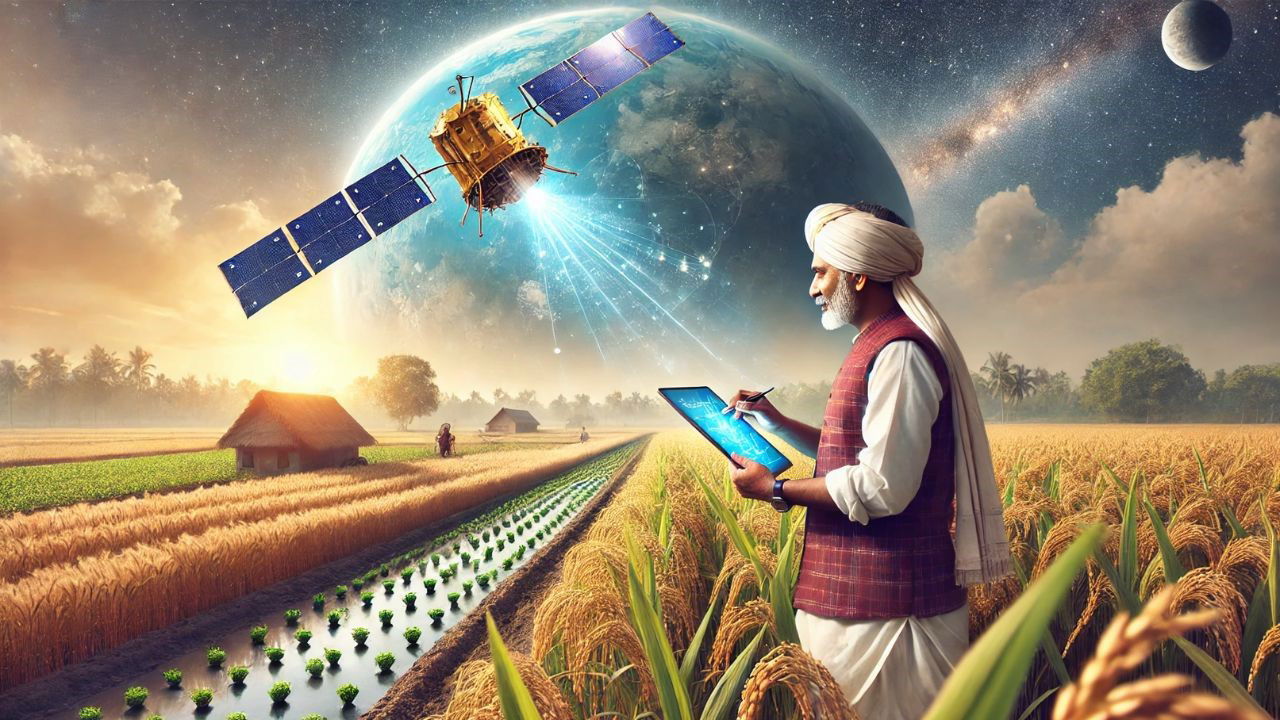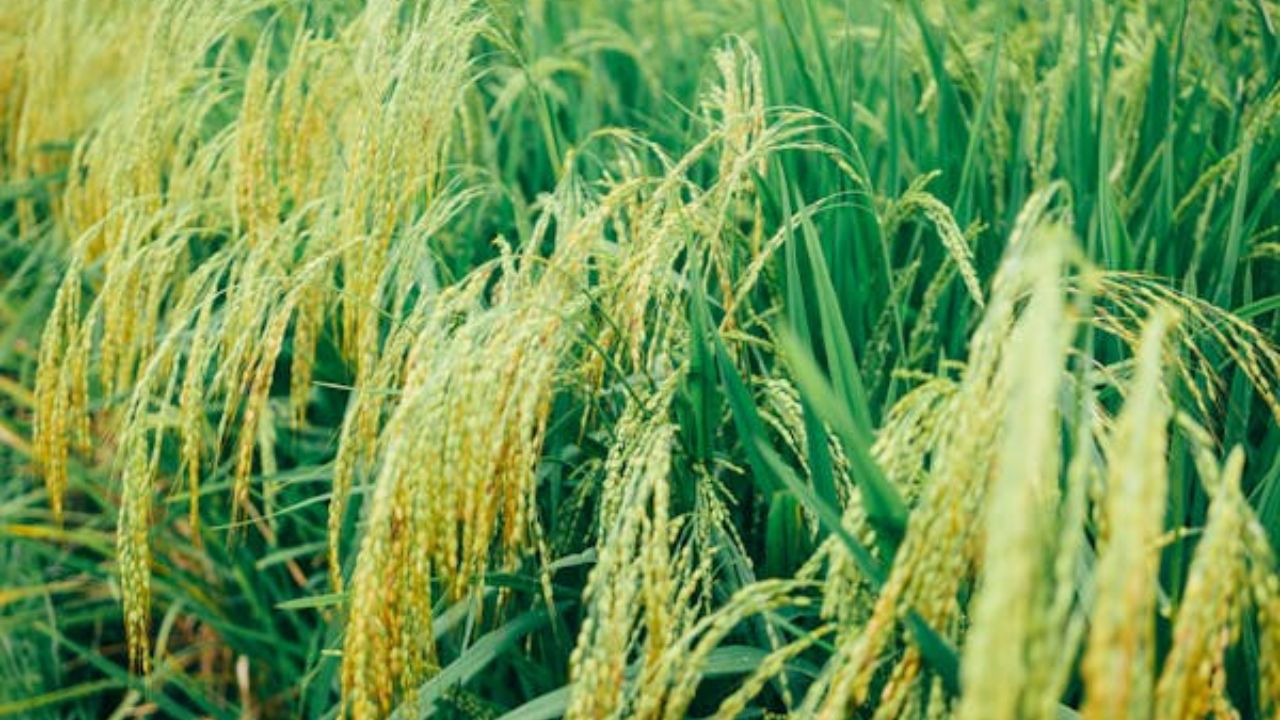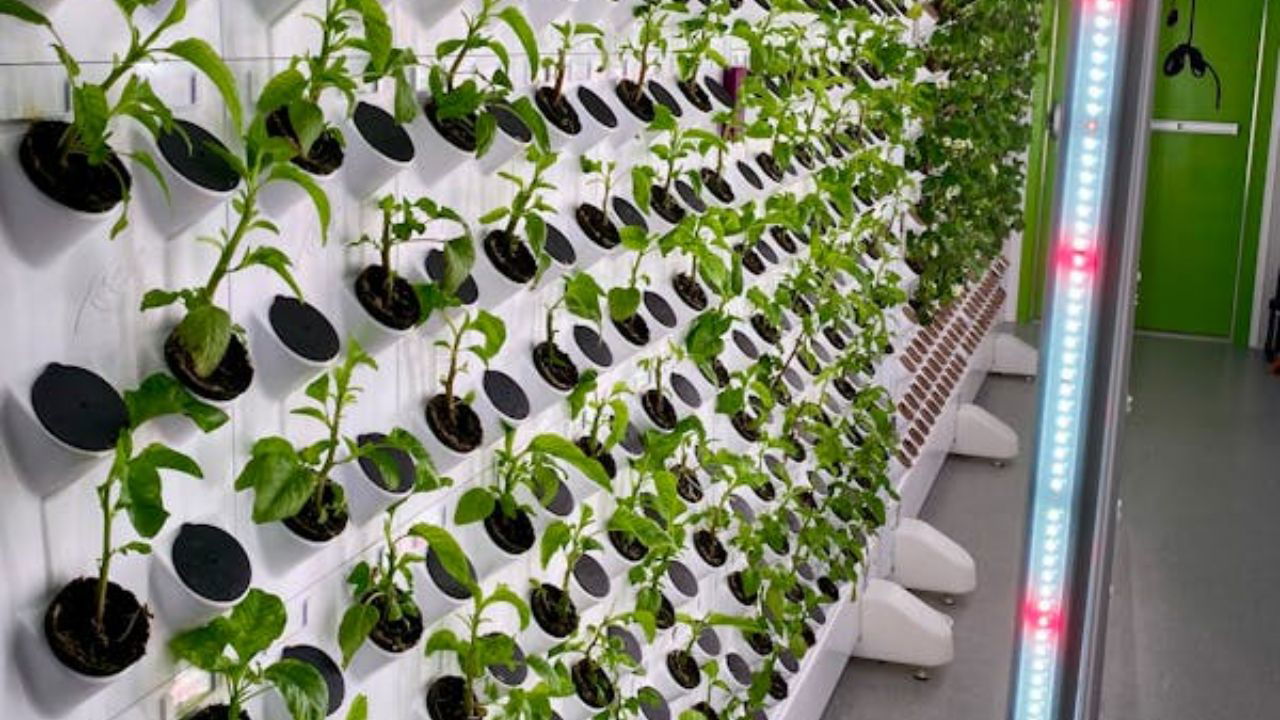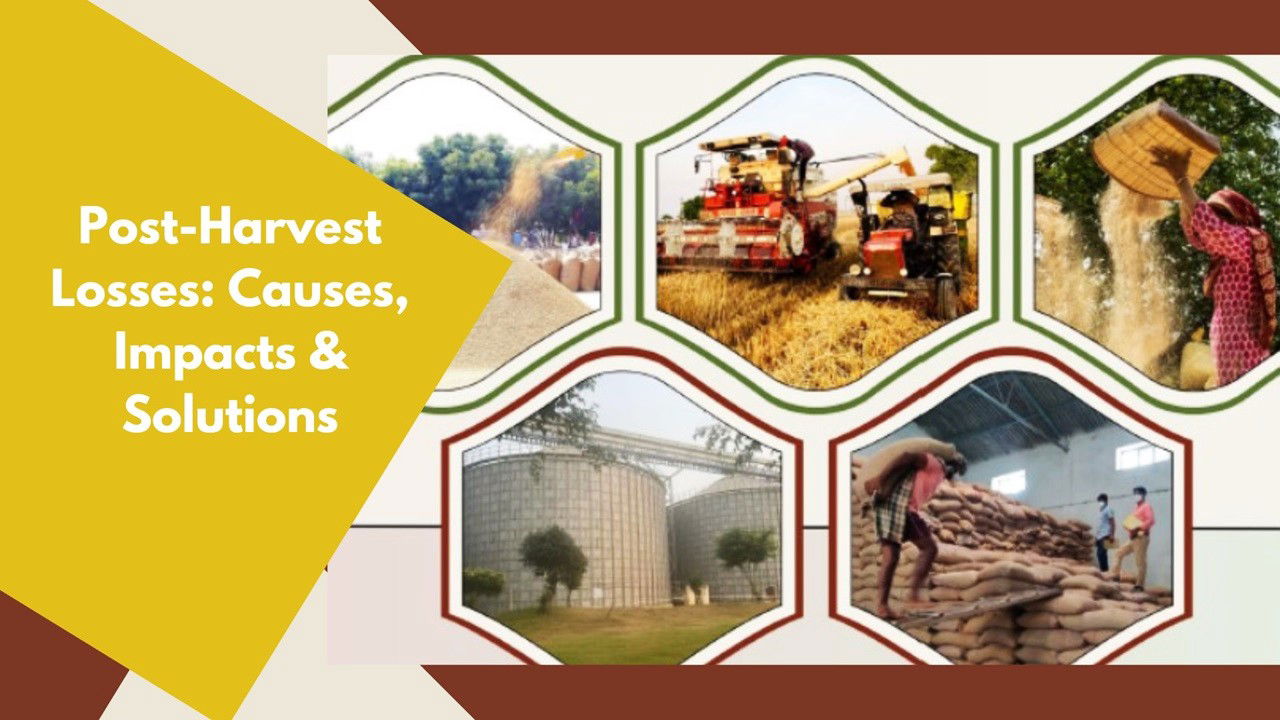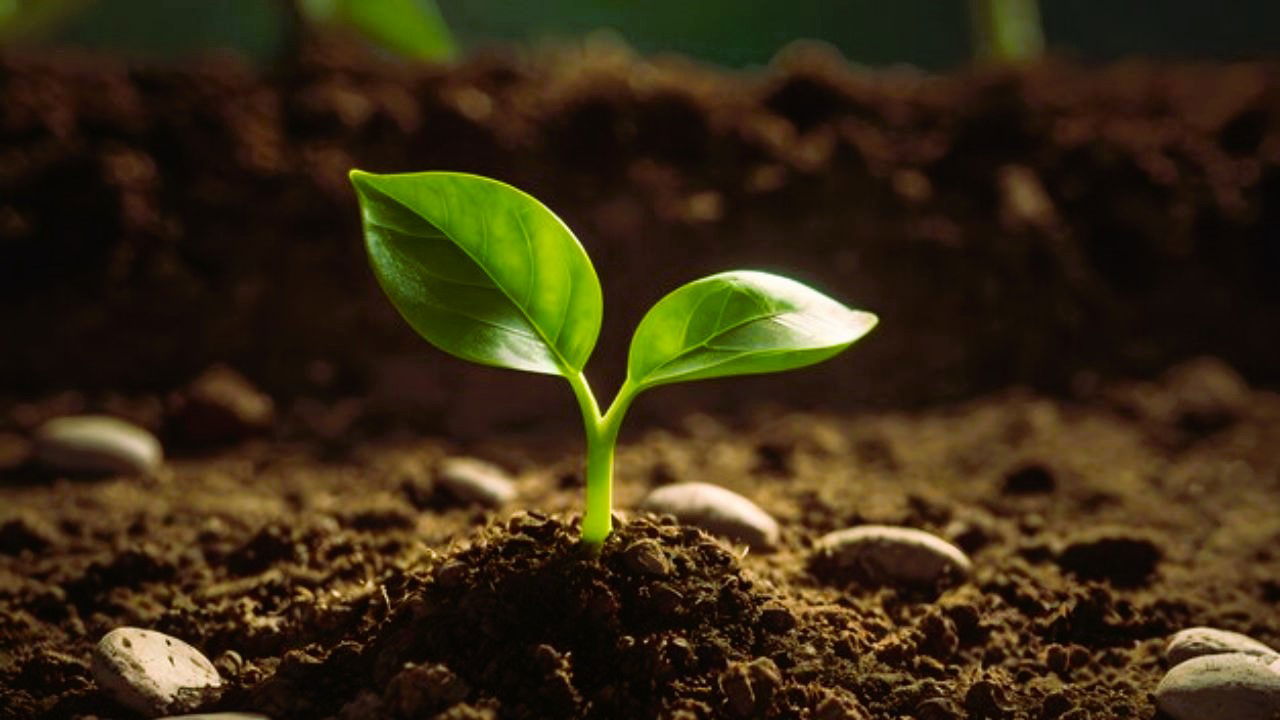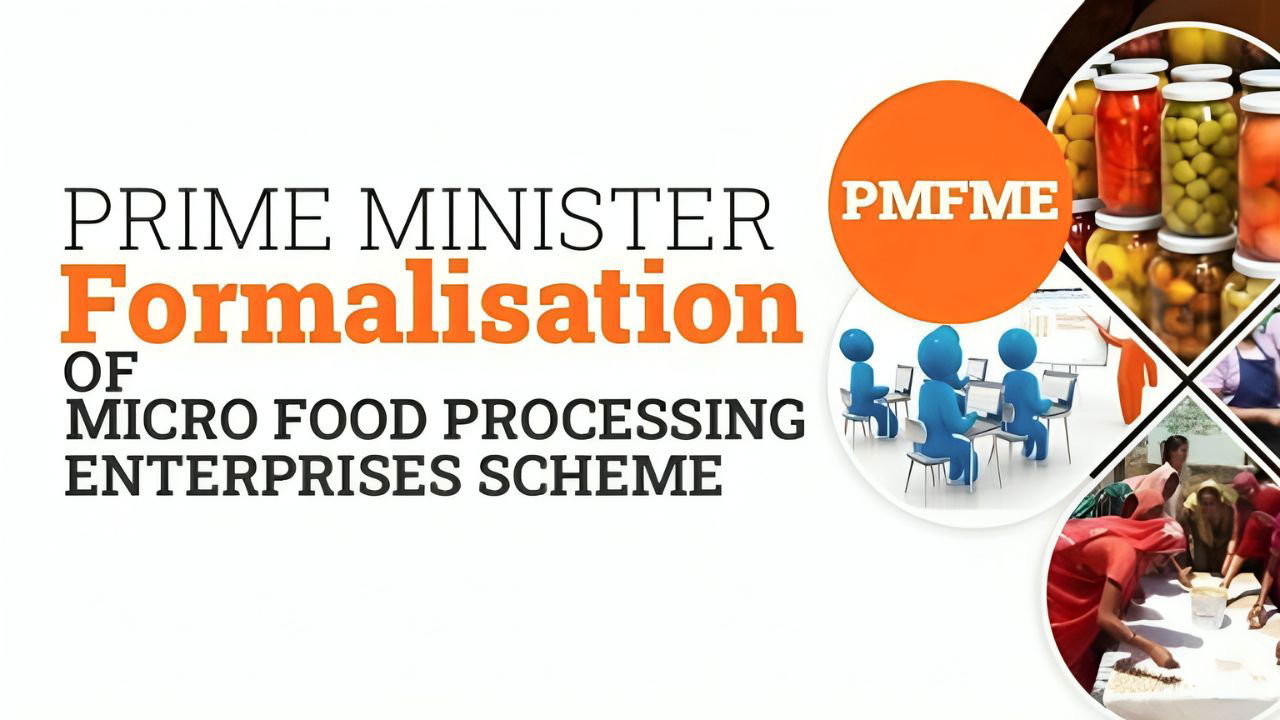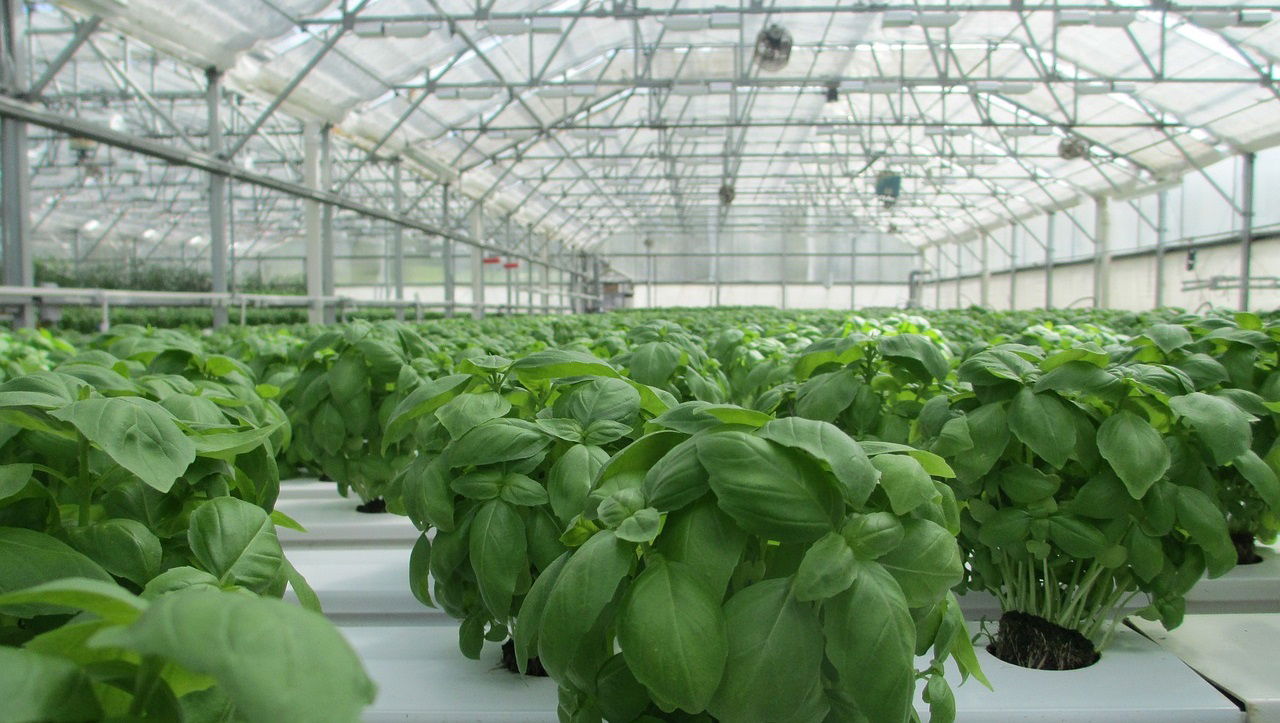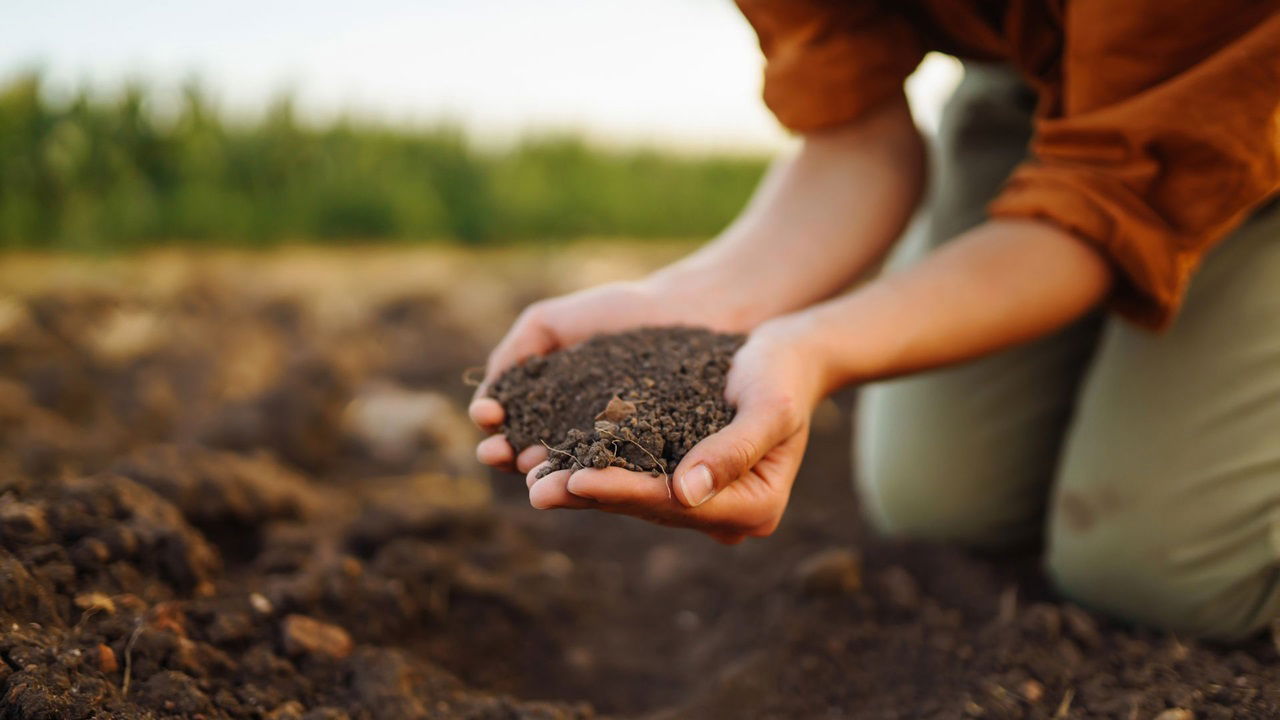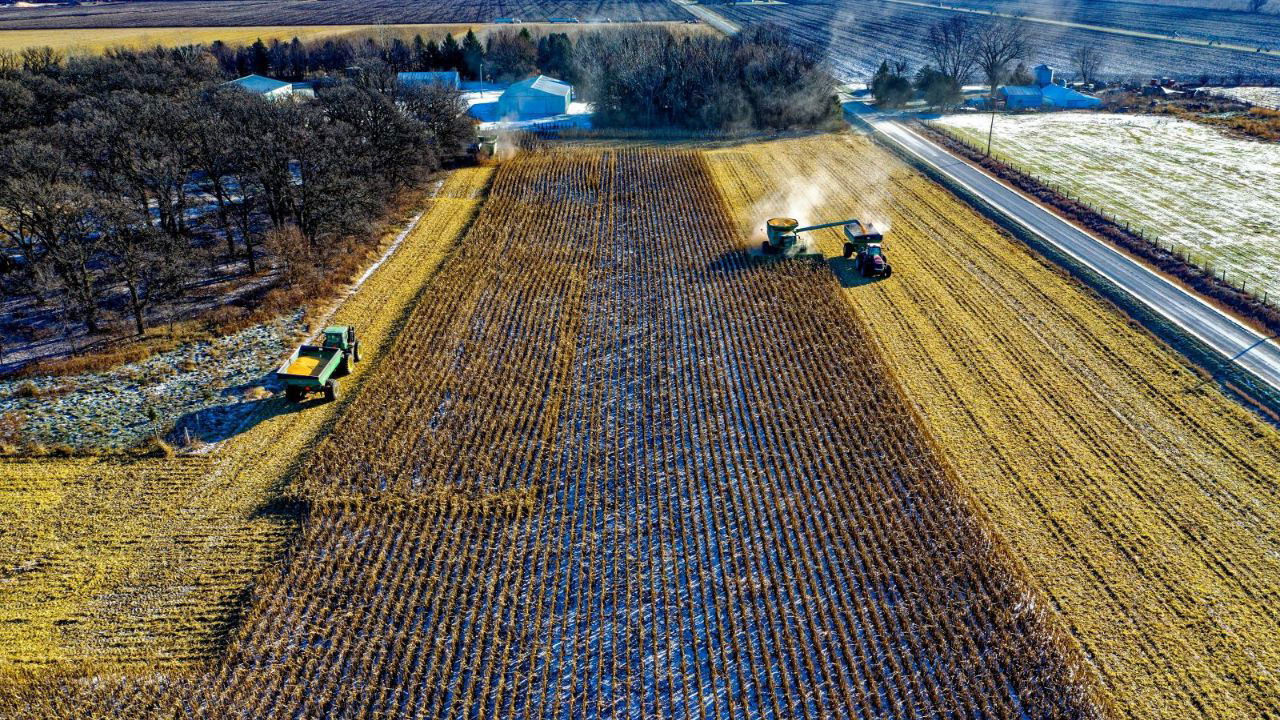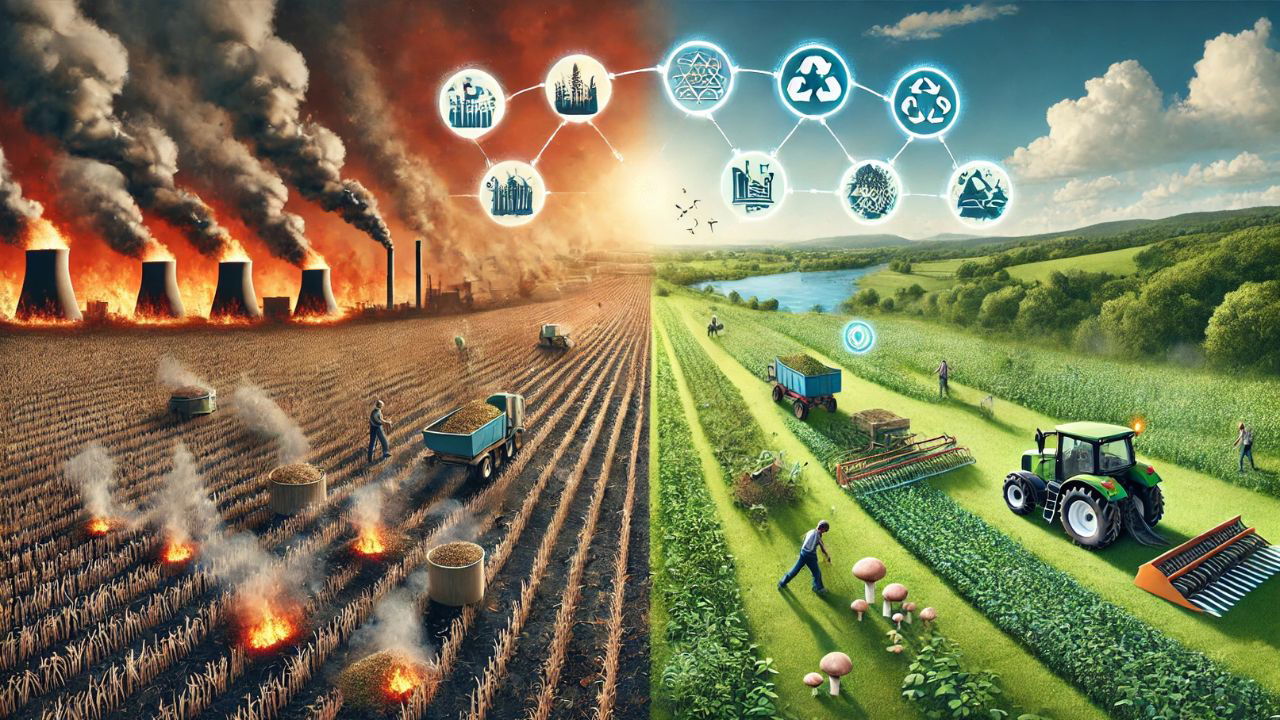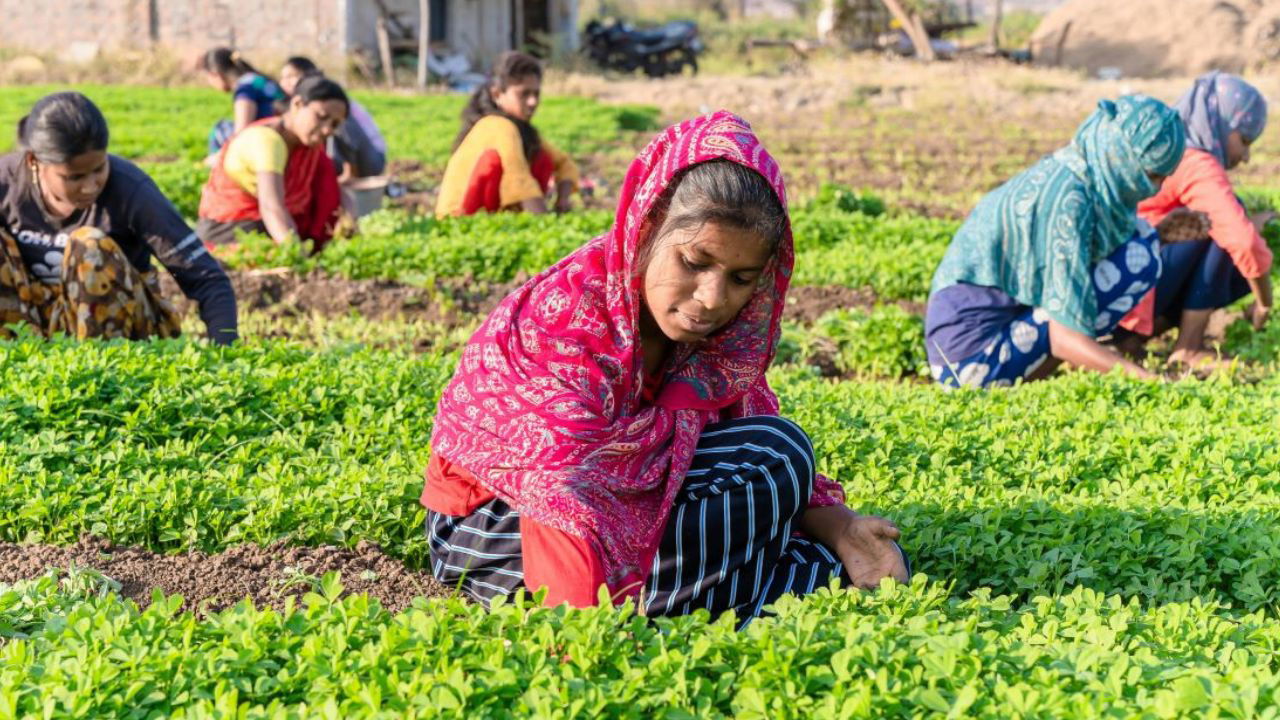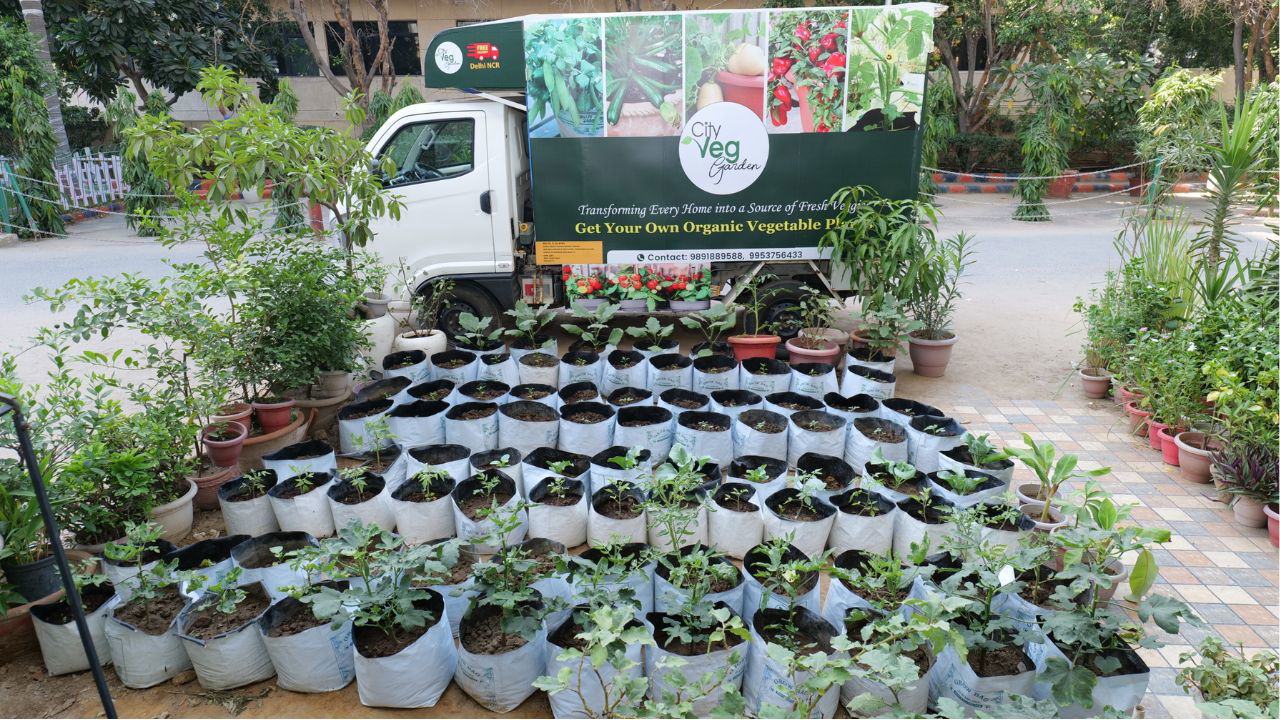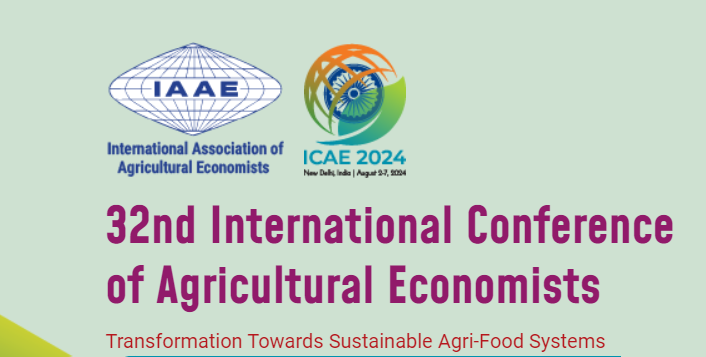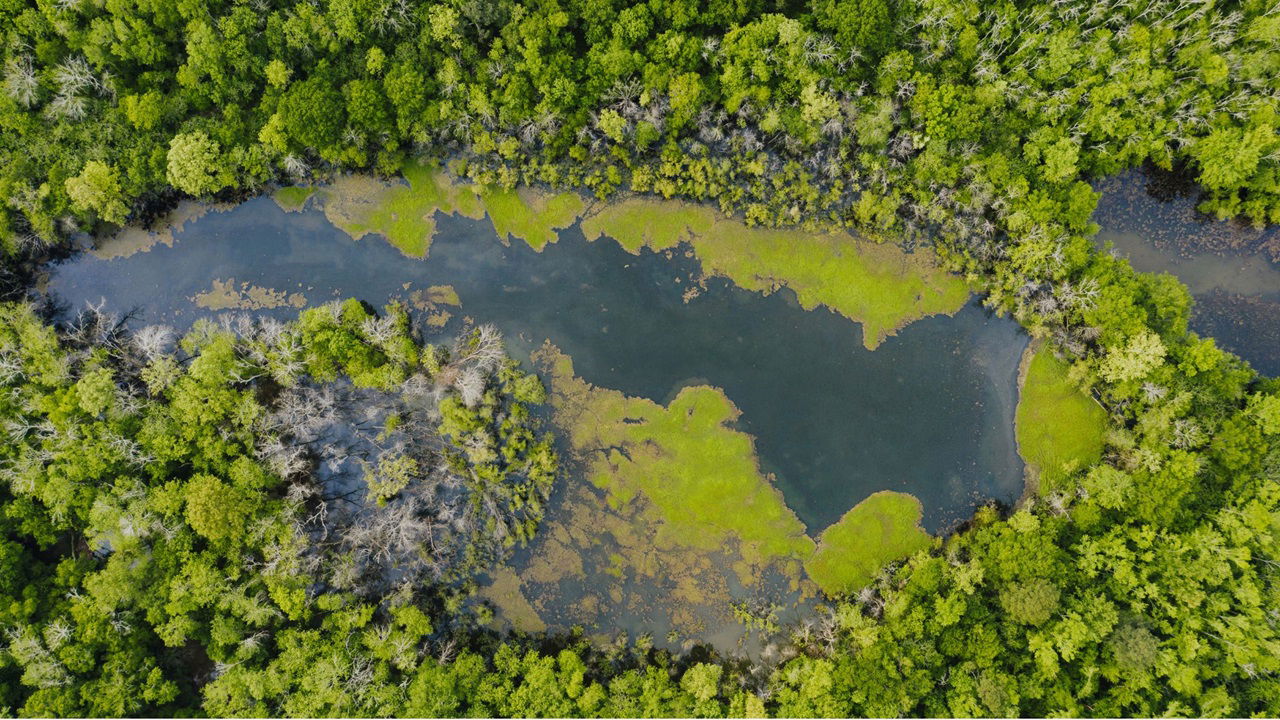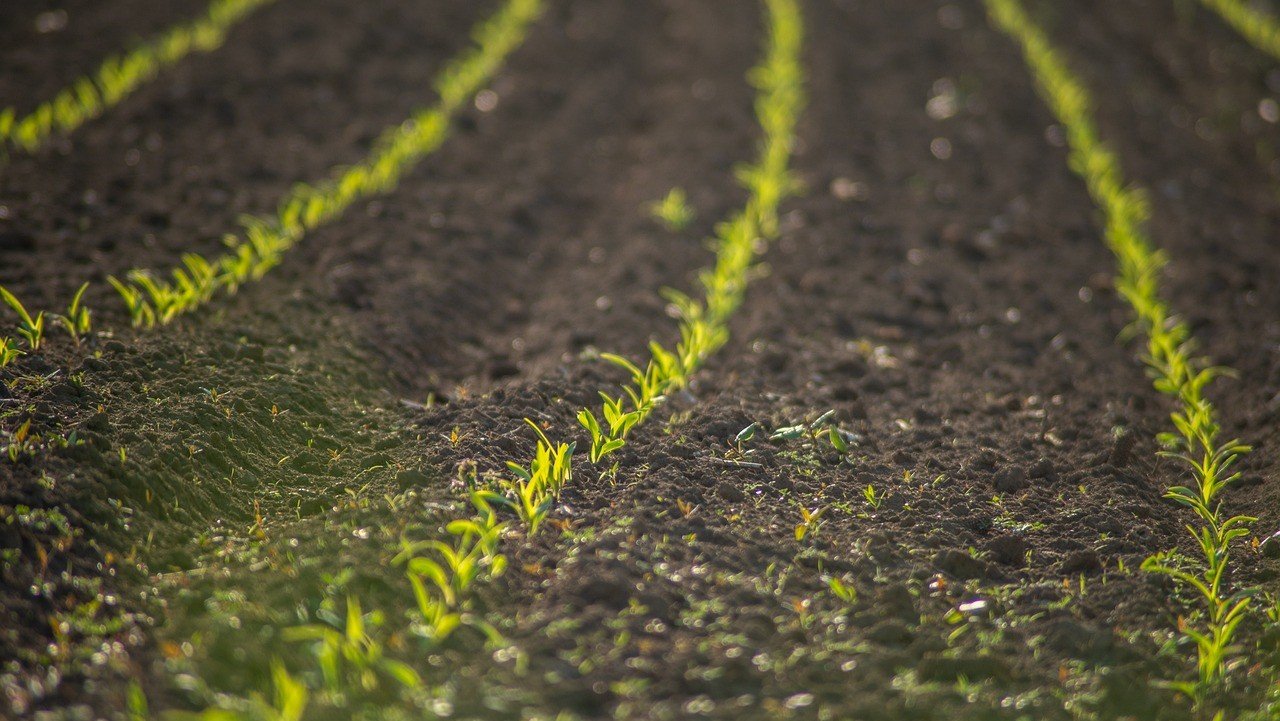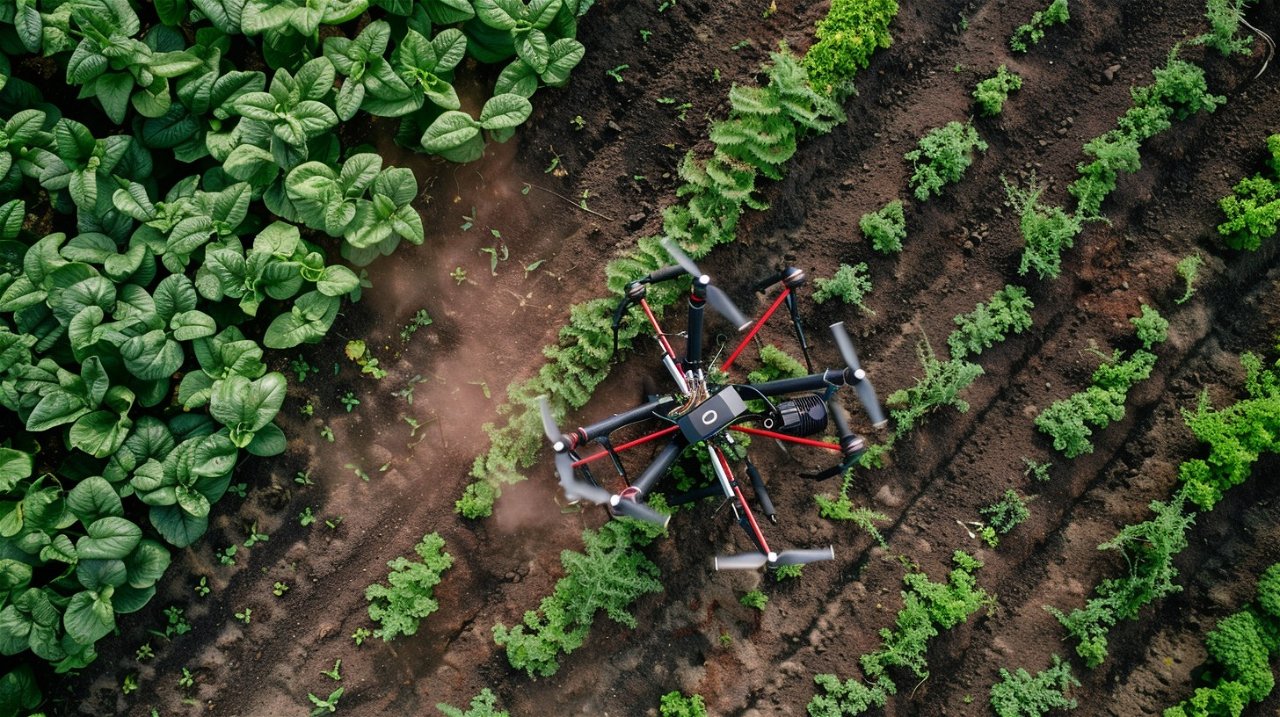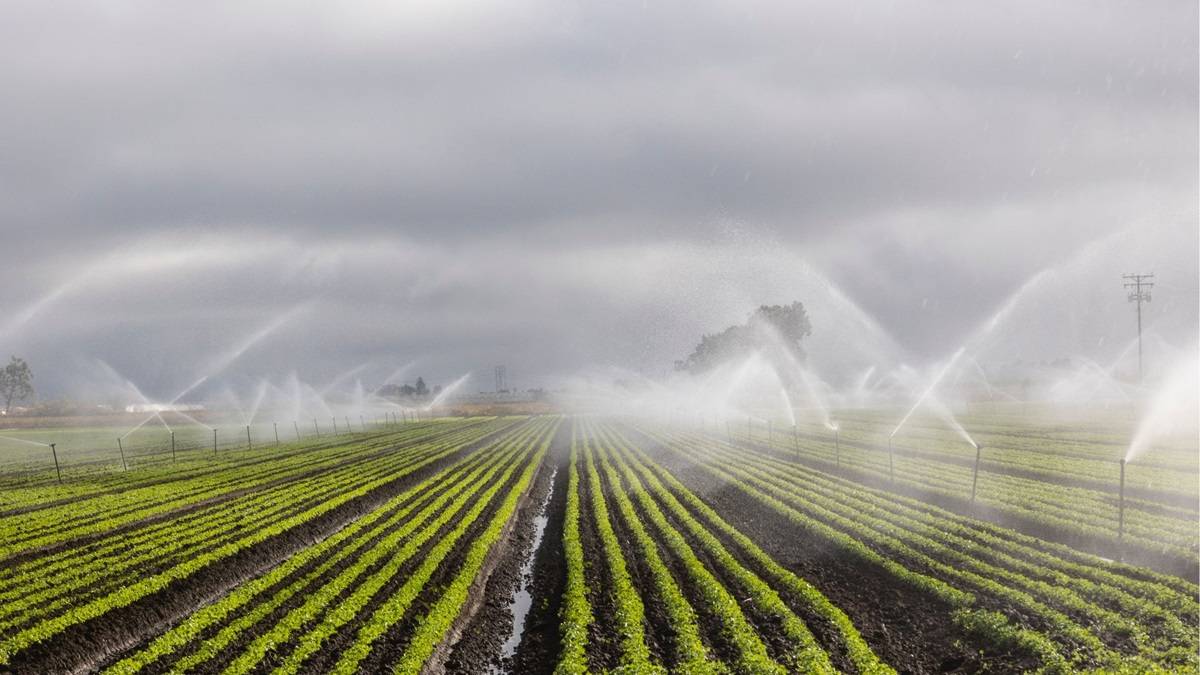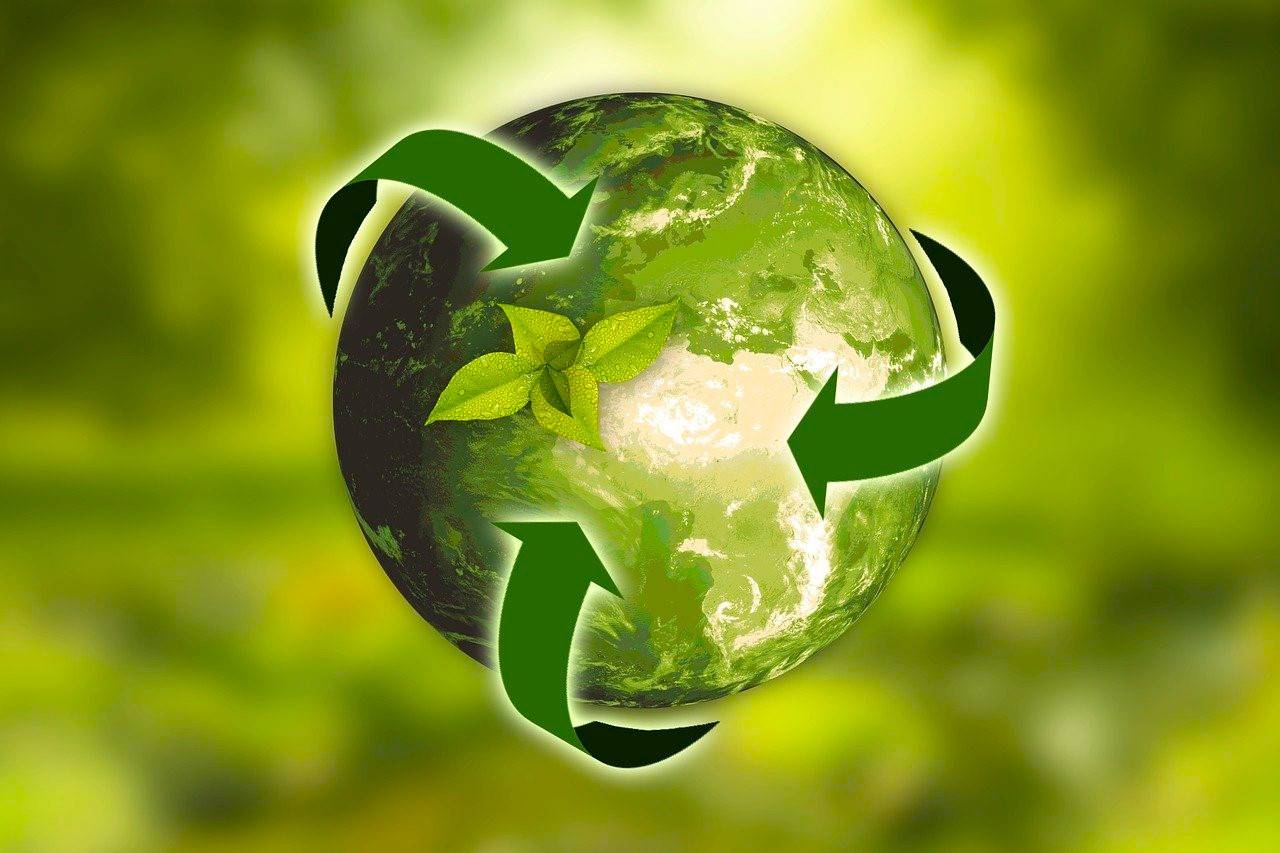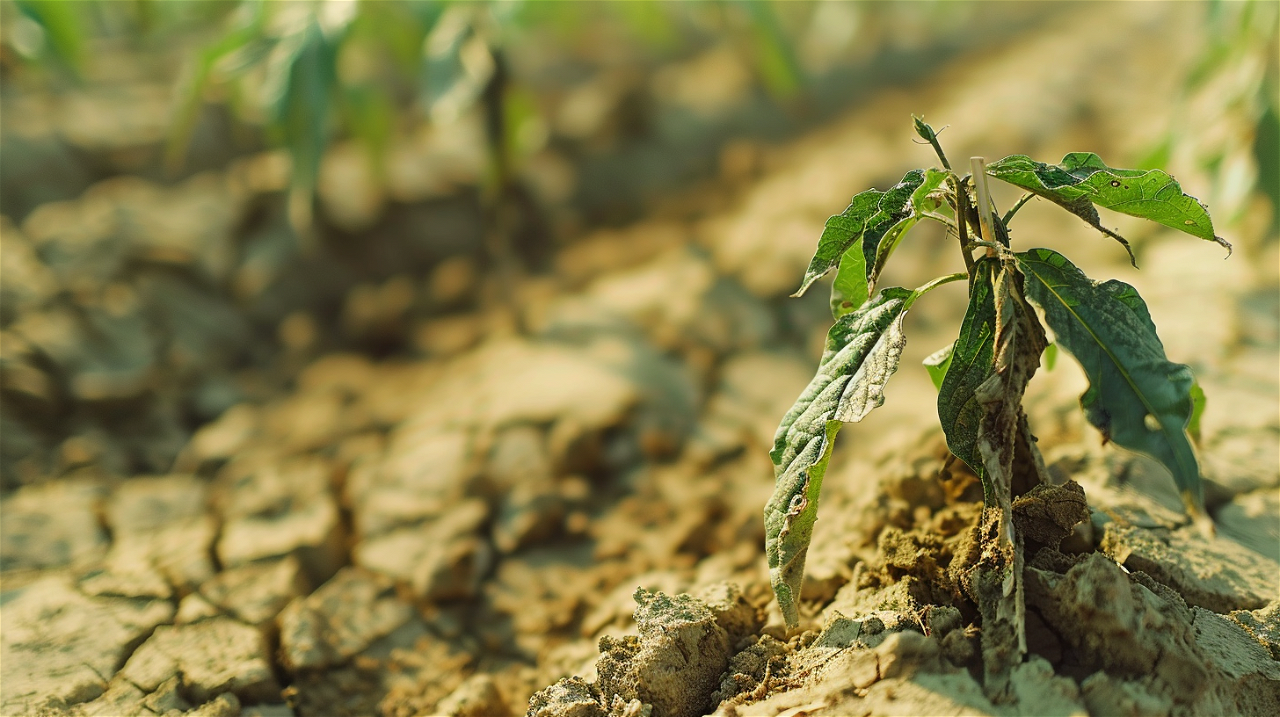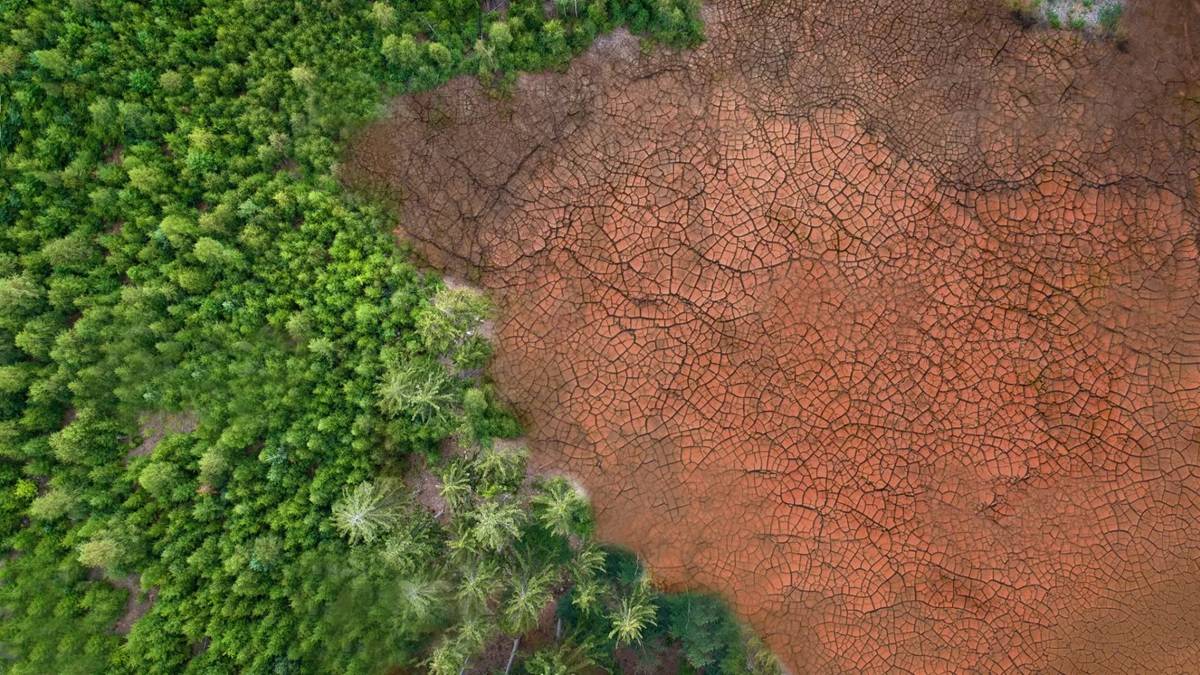
Groundwater at Risk: A Call to Protect India’s Hidden Lifeline from Over-extraction and Contamination
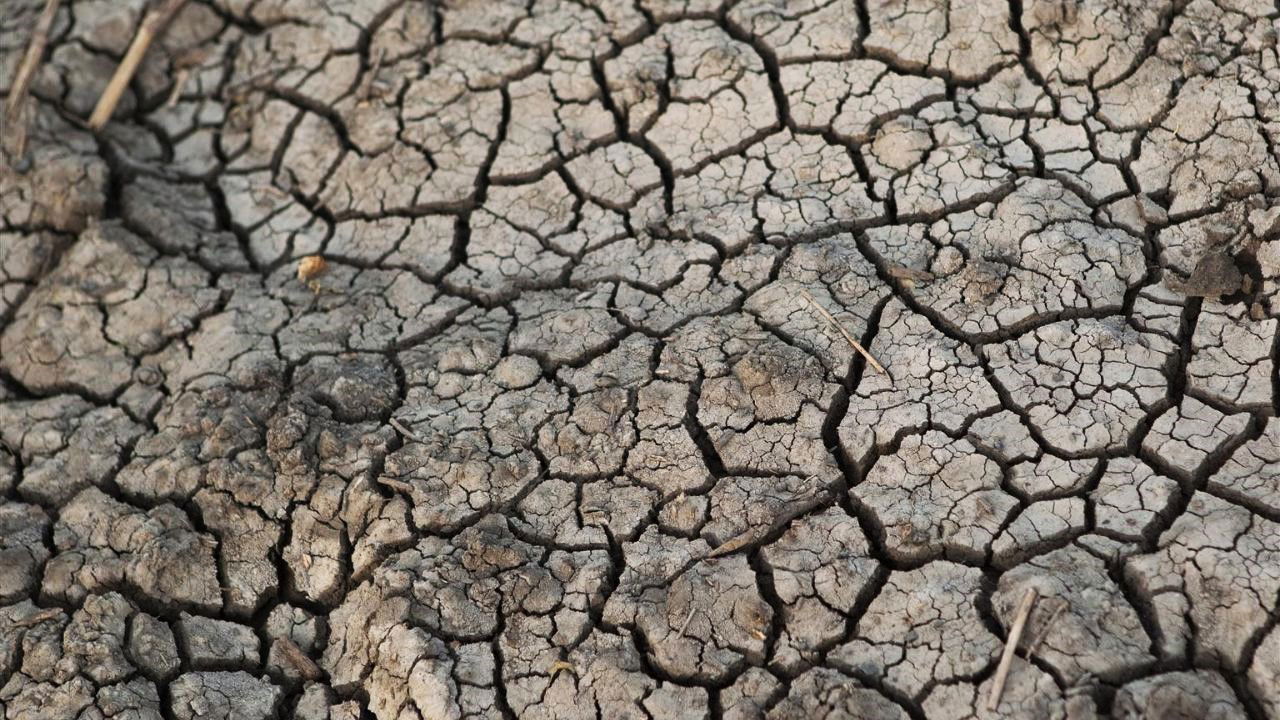
'Groundwater' is often referred to as the hidden lifeblood of our planet, essential for sustaining agriculture, industry, and communities. However, beneath this essential resource lies a growing crisis: the rapid depletion of groundwater reserves. In India, this problem has reached alarming levels, jeopardizing water security, ecosystems, and livelihoods.
Excessive groundwater extraction for irrigation, drinking, and industrial use has led to a steady decline in the water table, challenging well access. India, home to 16% of the global population but with just 4% of the world’s freshwater, is at a crucial point in managing this limited resource.
The issue is deeply rooted in the agricultural boom of the Green Revolution, which prioritized groundwater for irrigation. Today, over 60% of India’s irrigated agriculture and 85% of rural domestic water needs are met by groundwater. According to the Central Groundwater Board, 17% of India’s groundwater blocks are classified as over-exploited, with extraction far exceeding natural recharge rates- a situation worsened by climate change and pollution.
Key Drivers of Groundwater Depletion
1. Agricultural Demand and Water-Intensive Crops
Agriculture dominates groundwater consumption, especially with high water-demand crops like paddy and sugarcane. Farmers continue to favor these crops for financial returns, even in arid regions, leading to excessive extraction.
2. Energy Subsidies Fuel Over-Extraction
Power subsidies in agriculture have incentivized unregulated pumping, adding to groundwater depletion.
3. Weak Regulation
With insufficient policies governing groundwater usage, both urban and rural areas face unchecked extraction. The lack of stringent regulations on private groundwater ownership has further deepened the crisis.
4. Green Revolution Legacy
High-yield crops introduced during the Green Revolution remain prevalent, adding pressure to already vulnerable regions.
5. Groundwater Contamination
Contaminants such as arsenic, nitrate, fluoride, and salinity compromise groundwater quality. Pollution from fertilizers, industrial waste, and poor waste management has impacted nearly 60% of Indian districts.
Common Groundwater Contaminants and Their Effects
- Nitrates from fertilizers and sewage contribute to health risks like methemoglobinemia.
- Pathogens from poor sanitation lead to waterborne diseases.
- Trace Metals from industrial activities, such as lead and cadmium, pose carcinogenic risks.
- Inorganic Compounds degrade water quality, affecting human health and water hardness.
- Organic Compounds from pesticides and industrial discharges harm ecosystems and health.
Initiatives to Address Groundwater Depletion
India has launched several programs targeting groundwater conservation:
- National Water Policy (2012) promotes efficient water use across all sectors.
- Bureau of Water Use Efficiency (BWUE) develops standards for water-efficient products and practices.
- Central Ground Water Authority (CGWA) regulates large-scale groundwater extraction.
- Jal Jeevan Mission (JJM) aims to provide safe drinking water for every rural household.
- Jal Shakti Abhiyan (JSA) focuses on monsoon water conservation, with the current theme emphasizing women’s role in water management.
- Atal Bhujal Yojana (ABY) encourages water-efficient practices in water-scarce areas.
Strategies for Sustainable Groundwater Management
To address the ongoing challenge of groundwater depletion and contamination, it is crucial to implement a multifaceted approach. The following strategies can help ensure the sustainable use and management of groundwater resources.
1. Strengthening Groundwater Regulations
To protect groundwater resources, it is essential to enforce stricter regulations on industrial waste disposal and agricultural practices that contribute to over-extraction and contamination. A comprehensive permit system for groundwater extraction should be introduced, where quotas for usage are based on the rate at which aquifers can naturally recharge. This would help prevent over-exploitation and ensure long-term water availability.
2. Promoting Sustainable Agricultural Practices
Shifting towards sustainable farming methods is key to reducing the strain on groundwater resources. Farmers should be encouraged to adopt precision agriculture techniques, which optimize the use of water and fertilizers. Subsidies and training programs can be provided to support the adoption of efficient irrigation systems like drip irrigation, as well as practices that minimize water wastage, such as crop diversification and proper soil management.
3. Investing in Water Infrastructure
Increased investment is needed in wastewater treatment infrastructure to prevent untreated sewage from contaminating groundwater sources. Expanding and upgrading sewage treatment plants, along with establishing effective wastewater recycling systems, can help reduce the harmful impact of urban and industrial waste on water quality.
4. Decentralized Water Management
Empowering local communities is critical for effective water management. Establishing participatory models like Water User Associations (WUAs) can enable communities to take responsibility for groundwater planning, monitoring, and regulation at the local level. This approach fosters greater ownership and accountability, leading to more sustainable water use practices.
5. Encouraging Blue Credit Schemes
Financial incentives, such as Blue Credit programs, can encourage water conservation efforts in both domestic and industrial sectors. These incentives could support rainwater harvesting, greywater recycling, and the adoption of water-saving technologies, providing a sustainable financial model for water conservation.
6. Leveraging Artificial Intelligence (AI)
The use of Artificial Intelligence (AI) can play a transformative role in groundwater management. By analyzing large datasets on water quality, usage trends, and aquifer conditions, AI can help predict contamination risks, monitor water resources more efficiently, and design targeted interventions. AI-powered tools could also assist in optimizing water usage and improving the accuracy of water resource management decisions.
These strategies, when implemented collectively, have the potential to create a more sustainable and resilient approach to groundwater management in India, securing the future of this essential resource for generations to come.
Related News

Teej Festival 2025: Celebrating Divine Love, Womanhood, and Sacred Traditions Across India and Nepal




























































































































































